By: Carolina Tobón Ramírez
The two weeks of the Travelling School were more than just an academic activity. At the end of the trip, several participants expressed gratitude to the rest of the group, not only for the organisation of the activities but also for the lived experiences and the willingness of everyone to share and exchange. “… I will always carry in my heart these wonderful days that we spent sharing experiences, knowledge, feelings and stories. Thank you all for being such beautiful people and for coinciding with me, so beautifully, at this moment in life” said Ana Quintero, DSSP scholarship holder and master’s student from the UNAL Bogotá Campus. Ana also reflected on the similarities between the colonial histories of Africa and Latin America by saying: “I also realised that Africans and Latin Americans share a colonial past that has defined our future and that it is our responsibility to uncover the beliefs, practices, knowledge and even emotions that are still permeated by colonialism. I believe that this is the beginning of the emancipation and sovereignty of our territories“. On his part, Jeffrey Prieto, also a DSSP scholarship holder and master’s student from the UNAL Campus in Medellín echoed the South-South Connection referring to the concept of Ubuntu and to the current vice-president of Colombia, Francia Márquez who had introduced this concept in the sentence “I am because we are” that gives the name to her political party. “…Now, at the end of the school, I understand it in this way, that we are to the extent that the other could be, that the humanity and empathy with which we approach others is fundamental to achieving the common good, that in the end, it is our own good…” reflected Jeffrey.
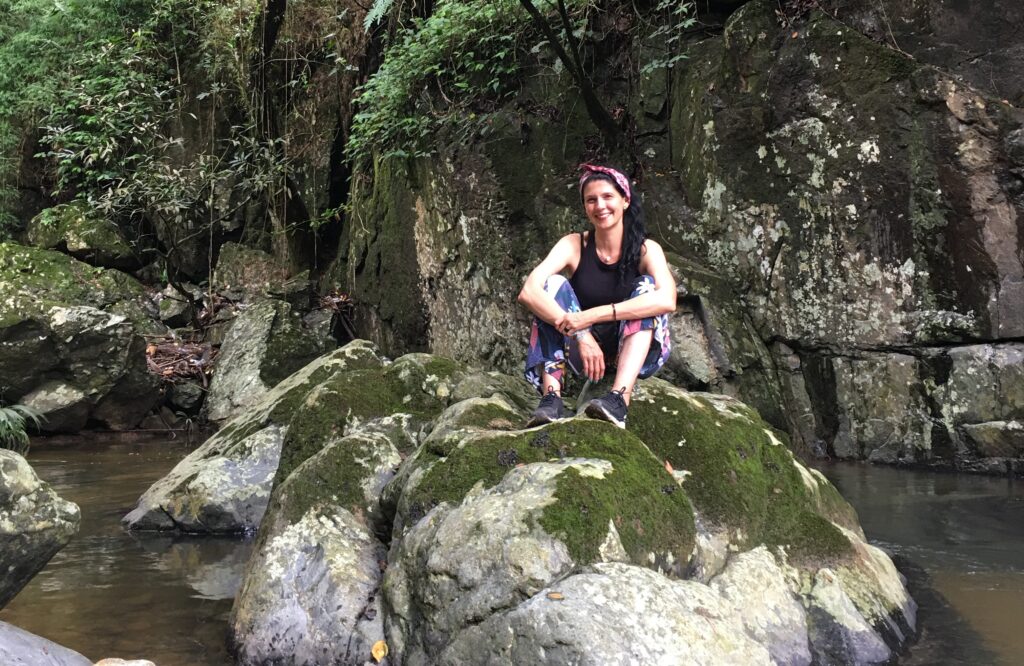
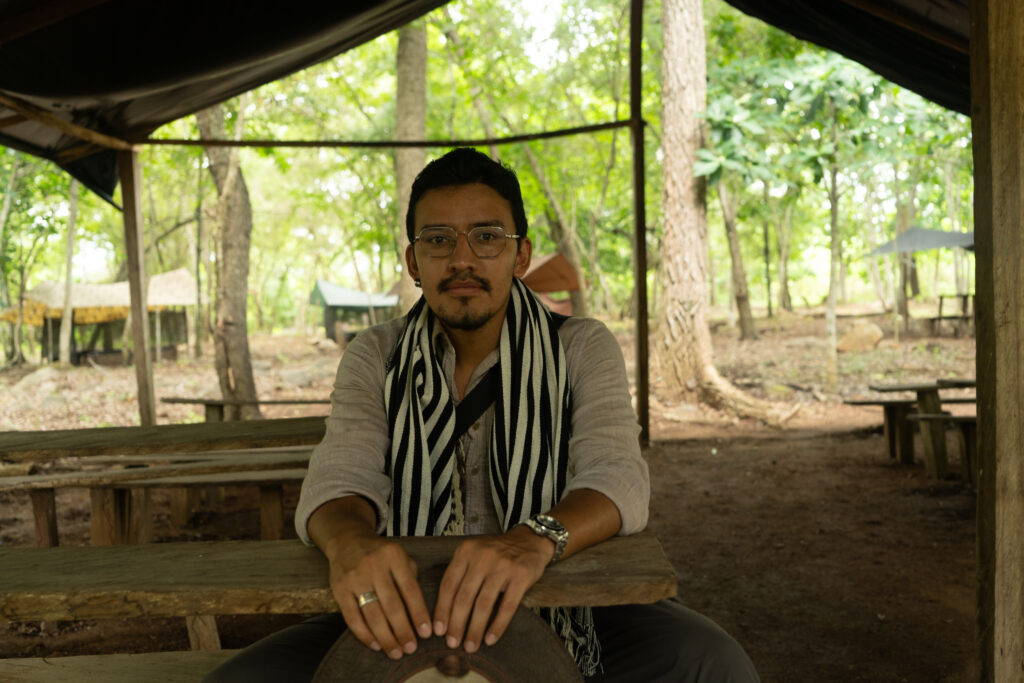
The school was also a space in which thoughts of transformation were rooted from different scales. For instance, Jeffrey expressed the single transformation of the school during these weeks: “…the school was something that took on a life of its own, was strong and resilient, and was mobilised into a more complex state that passed through us, professionally, academically and emotionally”. Ana, on her part, reflected a more global perspective on the necessary cultural transformation to overcome the main challenges we have as humanity: “A cultural transformation, although essential, requires time, which we no longer have. These days at school allowed me to understand that while we are transforming ourselves as humanity, we can take practical action in the areas of land-use planning, environmental education, degrowth-oriented government programmes and strategies aimed at the sovereignty and autonomy of territories“. Rafael Serrano, an undergraduate student of the region believes that those days during the school already transformed everyone. “I believe how we think about the way we inhabit this earth is different, sensitive, critical and in some way aware of a more responsible dynamic with which we are confronted every day“.
“I share with you this postcard of the Guatapurí River to express my gratitude for all the experiences we shared during the Travelling School and for all the people responsible for organising such a beautiful activity”. Rafael Serrano, undergraduate student UNAL La Paz“

One of the main challenges of this Travelling School was the language. The main language of the Ghanaian guests is English, of Benin and Niger is French and in Colombia, being Spanish the native language, there is yet a huge gap in the learning of a second one, therefore, it is hard for some Colombian students to receive a lecture in English and even keep a single conversation. This also happens with some lecturers. Nevertheless, the motivation and the spirit of exchange between every participant overcame any barrier and the communication and the different exchanges were possible. In addition, the exposure to which the students, particularly the Colombian students, were subjected during this time allowed them to make progress in their English and many of them significantly improved their communication skills. Students and teachers from Ghana, Benin, Niger and Germany also made remarkable efforts to learn basic words and expressions in Spanish, a language they had never had so much contact with before.
Tatiana Niño, another DSSP scholarship holder and Master’s student from Bogotá Campus at UNAL, was very grateful to everyone, organisers and lecturers for their passion and dedication but also to the colleagues, “… who no matter how many barriers there were, we managed to overcome them to understand each other in some way“. In the end, the language was not really a barrier and even immersed in this challenge the purpose of the intercultural and academic exchange was achieved. Furthermore, a sense of collectivity emerged. “It was also a wonderful experience to move from an academic space to a scenario of collective recognition, where the others became, for a few weeks, a big family where there were no borders, not even idiomatic ones“, expressed Jeison Chaparro, DSSP scholarship holder and master student from the Amazonas UNAL campus. Maxwell Anamdare, Master’s student from UDS in Ghana also highlighted the connections created with the Colombian students and the sense of community that came from these contacts: “What made it truly special were the connections I made with students from diverse backgrounds. We shared ideas, laughter, and adventures, creating a sense of community that felt like home“. Lucas Badua, also Master’s student at UDS, on his part, expressed: “The exchange of ideas and perspectives between the Ghanaian and Colombian participants was invaluable, fostering a sense of global solidarity and mutual understanding“.

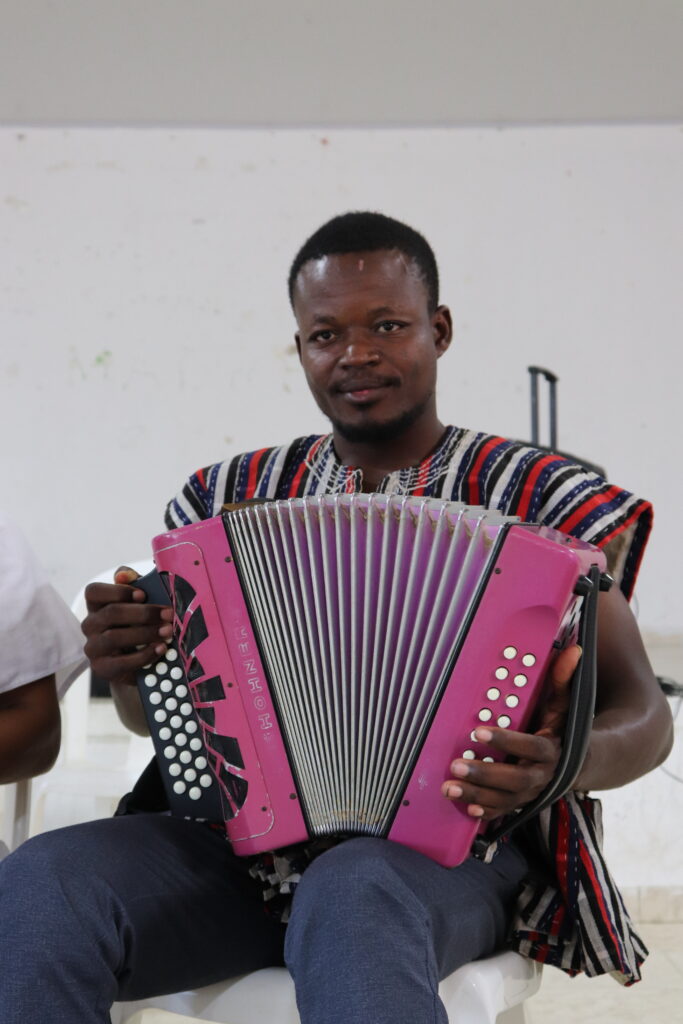
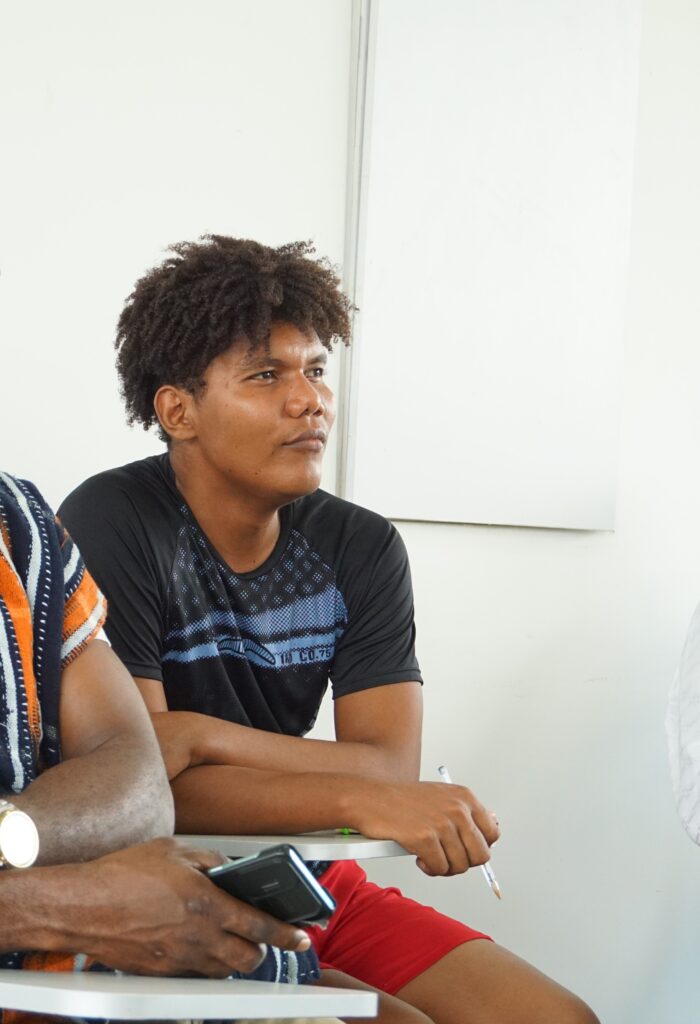
For many of the students, this experience was an opportunity to be exposed to international contexts and to travel for the first time from their home countries. It was also a chance to connect with people from another continent, something that for many of them was impossible to imagine. The Colombian students had the opportunity to get to know West Africa through its people and the dynamics and experiences they transmitted, and the African students were able to get to know a bit of Colombia, especially the Cesar region, its people and its culture, during these two weeks of activity. “Colombia, you have stolen my heart with your warm people, rich culture, and breathtaking beauty” were Maxwell’s words about the experience of visiting Colombia, while Delight Fafa, also a UDS Master’s student, said that with the Travelling School experience she had the opportunity to learn a lot about Colombia through the classroom presentations and field trips. “I especially admired the serene environment in Pueblo Bello with their efforts in Agriculture. I made lots of friends and loads of memories during these few days. The Tambora still rings in my ears” concluded Fafa.
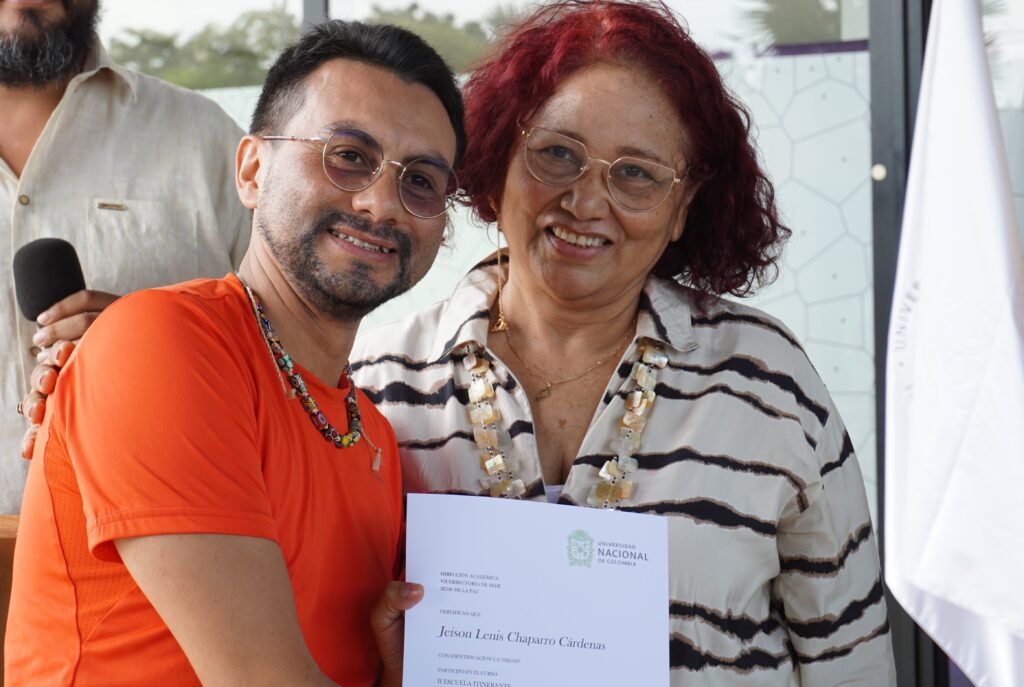
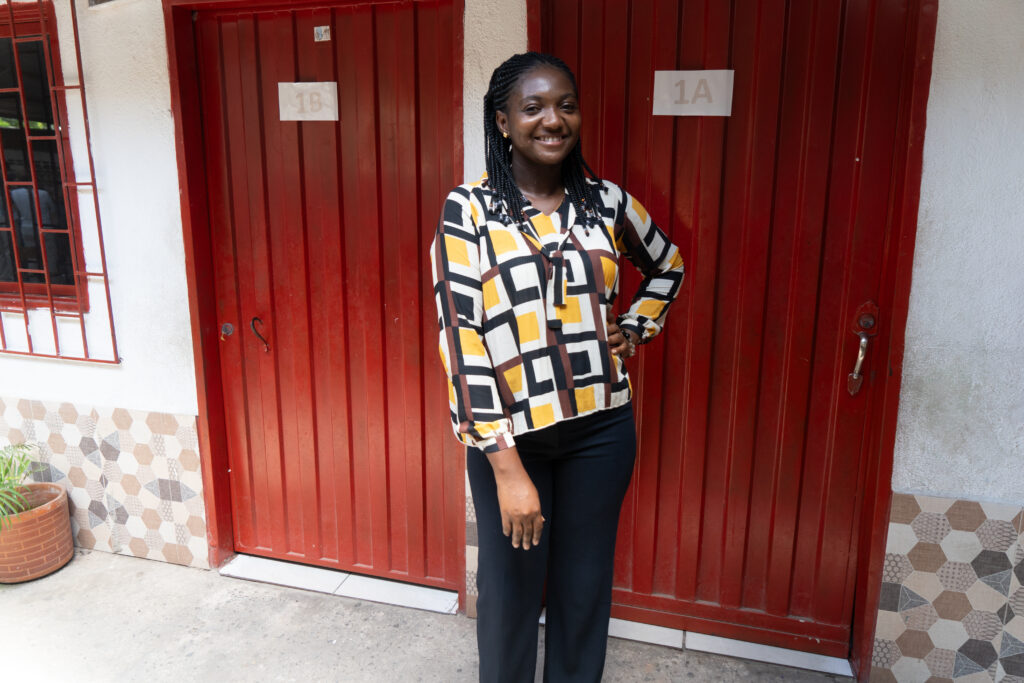
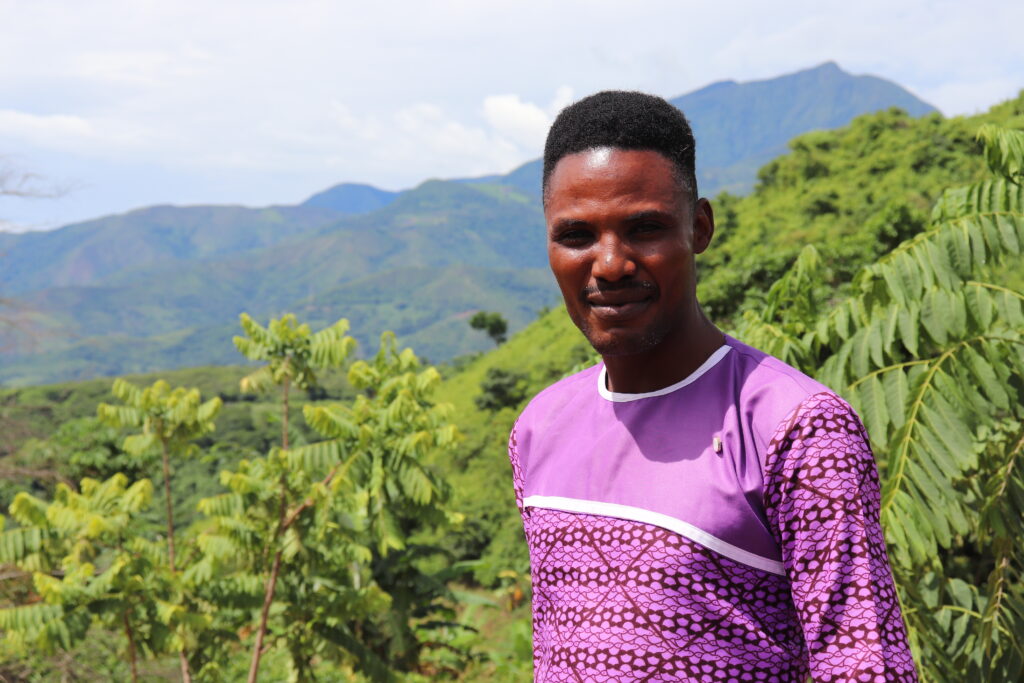
The Second DSSP Travelling School undoubtedly became an experience that transcended the academic dimension to become an emotional and transformative one for its participants, broadening their horizons by challenging them to think beyond their disciplinary boundaries. Lucas, an agricultural economist like all his colleagues, emphasised that the school was “a transformative experience that broadened my understanding of ecological and agricultural issues while highlighting the critical role of cultural exchange in fostering sustainable development“. Dr Isaac Gehrson, WAC-SRT Programme Coordinator at UDS pointed out that “we navigated the complexities of our studies and celebrated the diversity of our backgrounds. In every conversation and collaborative effort, we wove a tapestry of friendship and mutual respect that transcends borders”.
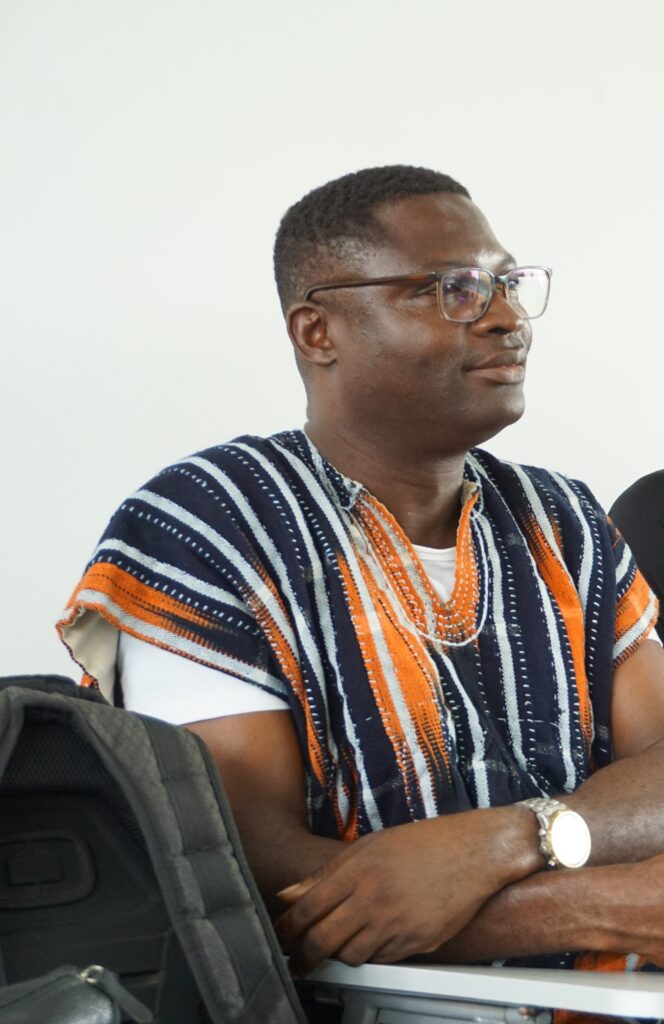
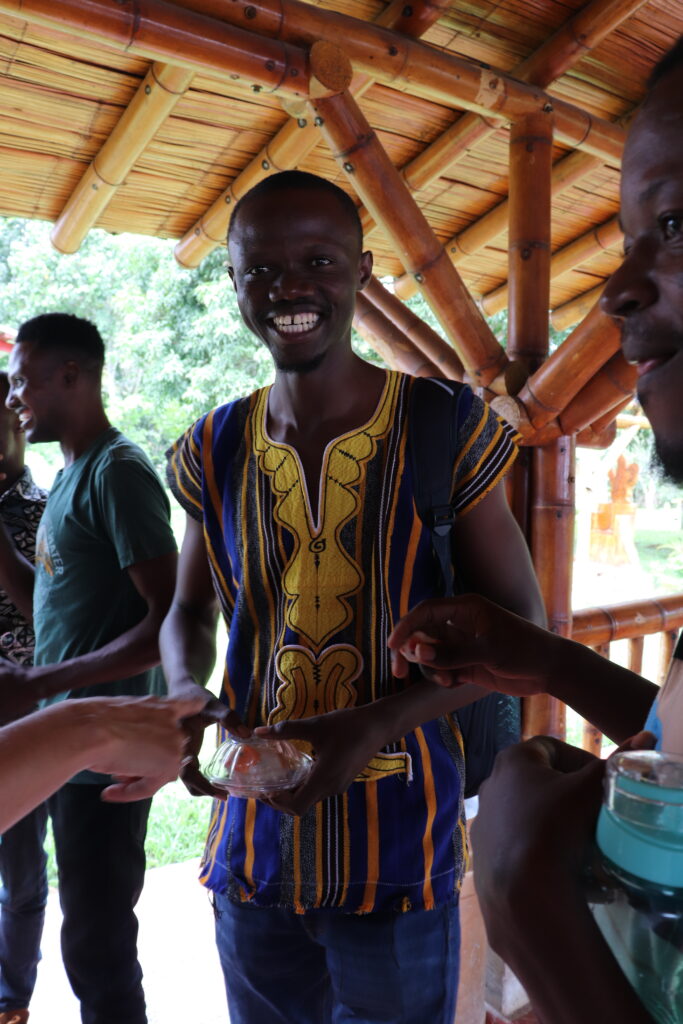
Finally, the comparative perspective between Ghana and Colombia, from which emerged a series of discussions and reflections on the differences, but above all the similarities between these regions, is one of the ways to join efforts to continue this type of collaborative initiatives. Gilbert Dagunga, a PhD student at the UDS, reflected: “Knowing how similar we are in so many ways is something we really appreciate and it sets the pace for creating networks and lasting collaborations”. Continuing this kind of experience is not an easy path, because it involves difficulties and challenges of many kinds, especially financial and migratory, as we experienced in this case, especially on the issue of migration. Nevertheless, we hope to find ways to continue and expand the collaborative activities between the partners of the DSSP, the WAC-SRT and UNAL La Paz.
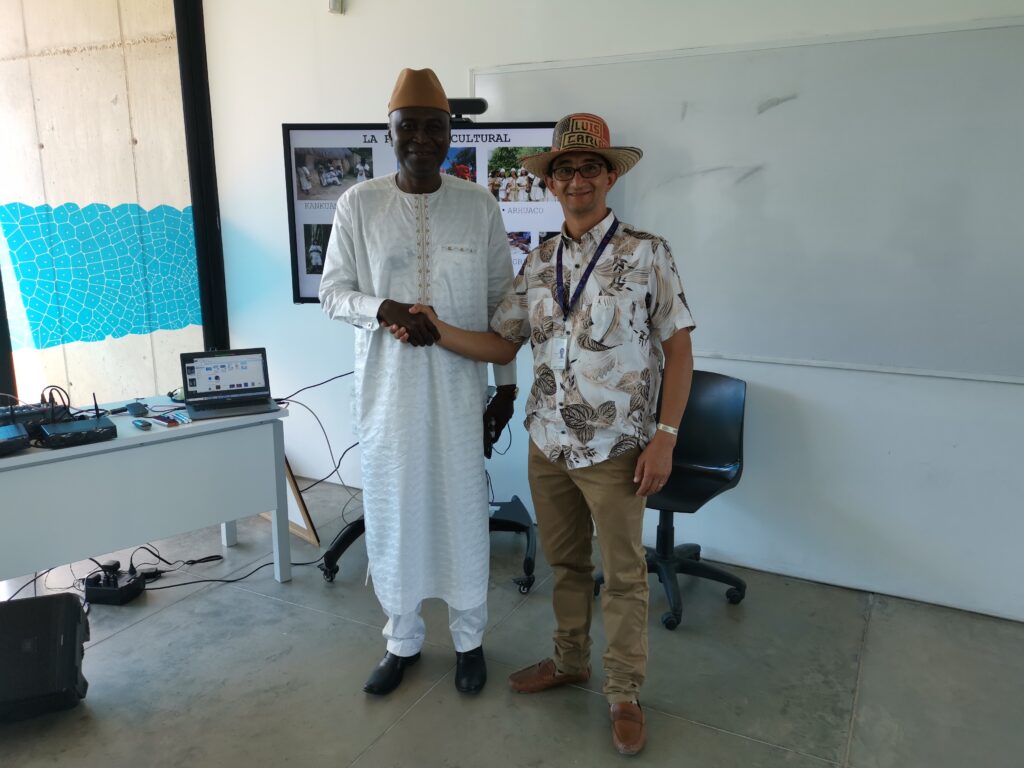
“The workshop is a total success. Indeed, in addition to the capacity-building opportunity for our students, it has been a tremendous opportunity for sharing and creating interconnectivity between the three regions (South America, West Africa and Europe). I hope that we will find a way to sustain this important initiative“ – Prof. Dr. Dr. Adamou Rabani.

We thank all the participants for their willingness and participation, all the organisers and the staff of UNAL La Paz who dedicated their time and energy to ensure that the logistical and technical issues were successful during two weeks of intense activity. Special thanks to the German Academic Exchange Service (DAAD) for their funding, without which this academic and cultural exchange experience would not have been possible.

Wonderful work, organizers, and funders!
Keep up the good work.